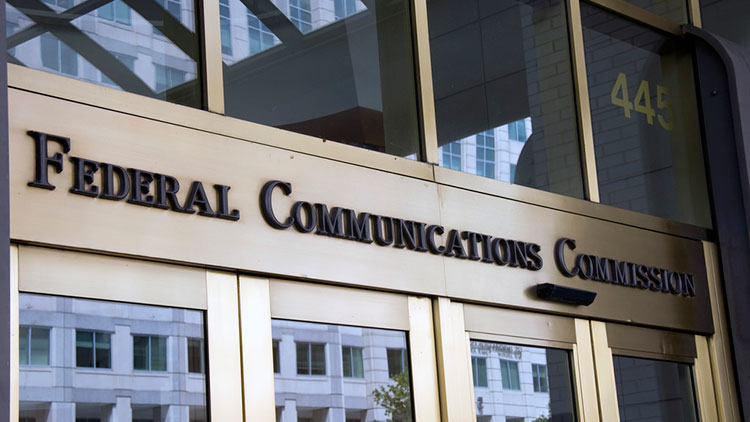FCC Grants La Plata Satellite TV Market Modifications

The smarter way to stay on top of broadcasting and cable industry. Sign up below
You are now subscribed
Your newsletter sign-up was successful
The FCC has granted the request by La Plata County, Colo., to allow DBS providers Dish and DirecTV to deliver four Denver TV stations to subs in the county (http://www.broadcastingcable.com/news/washington/fcc-gives-
officials-more-time-respond-broadcaster-petitions/161806), which is a so-called "orphan" county with limited access to in-state TV signals.
The stations are KDVR-TV, KCNC-TV, KMGH-TV, and KUSA-TV.
The La Plata is in the Albuquerque TV market, so satellite subs lacked access to in-state news, sports, weather and politics, the FCC pointed out in granting the market modification.
The reauthorization of the STELAR law, which renewed the satellite distant signal license, for the first time extended cable market modifications to satellite, and said the FCC could grant requests from public officials to modify satellite markets.
La Plata then filed for the modifications. Albuquerque stations owned by LIN and Hearst pushed back, saying there were other ways—like only importing local news and public affairs programming—rather than importing the entire station signal into their market to compete for eyeballs and advertising.
The FCC pointed out that Dish and AT&T/DirecTV had certified that it was feasible to carry the stations, which is a threshhold issue for granting a market modification. It had a five-part test for granting petitions, but won't even get to test if it determines the move is infeasible. While La Plata County, backed by "hundreds of residents," filed individual petitions for each station, the FCC granted them in the single, consolidated, decision.
The smarter way to stay on top of broadcasting and cable industry. Sign up below
The FCC first concluded the moves were feasible--given the DBS certifications--then that they met the test, which is:
(1) "whether the station, or other stations located in the same area—(a) have been historically carried on the cable system or systems within such community; and (b) have been historically carried on the satellite carrier or carriers serving such community;
(2) "whether the television station provides coverage or other local service to such community;
(3) "whether modifying the local market of the television station would promote consumers’ access to television broadcast station signals that originate in their State of residence;
(4) "whether any other television station that is eligible to be carried by a satellite carrier in such community in fulfillment of the requirements of this section provides news coverage of issues of concern to such community or provides carriage or coverage of sporting and other events of interest to the community; and
(5) evidence of viewing patterns in households that subscribe and do not subscribe to the services offered by multichannel video programming distributors within the areas served by such."
Contributing editor John Eggerton has been an editor and/or writer on media regulation, legislation and policy for over four decades, including covering the FCC, FTC, Congress, the major media trade associations, and the federal courts. In addition to Multichannel News and Broadcasting + Cable, his work has appeared in Radio World, TV Technology, TV Fax, This Week in Consumer Electronics, Variety and the Encyclopedia Britannica.

